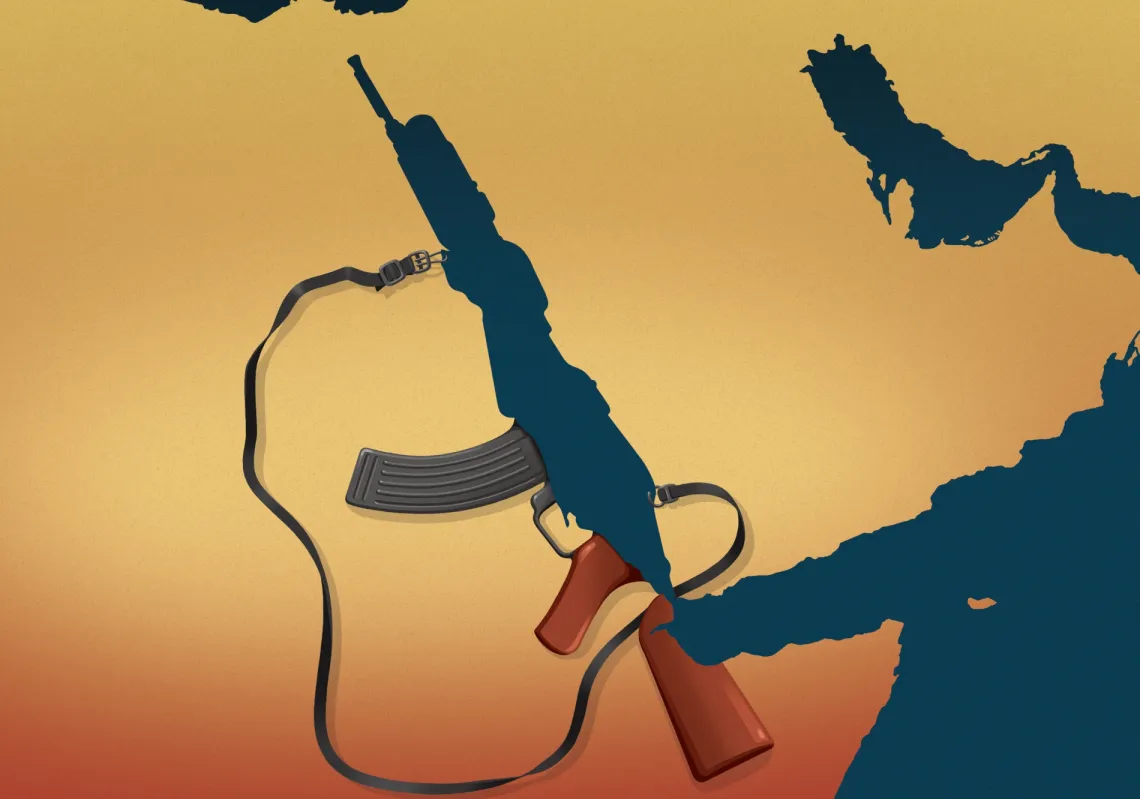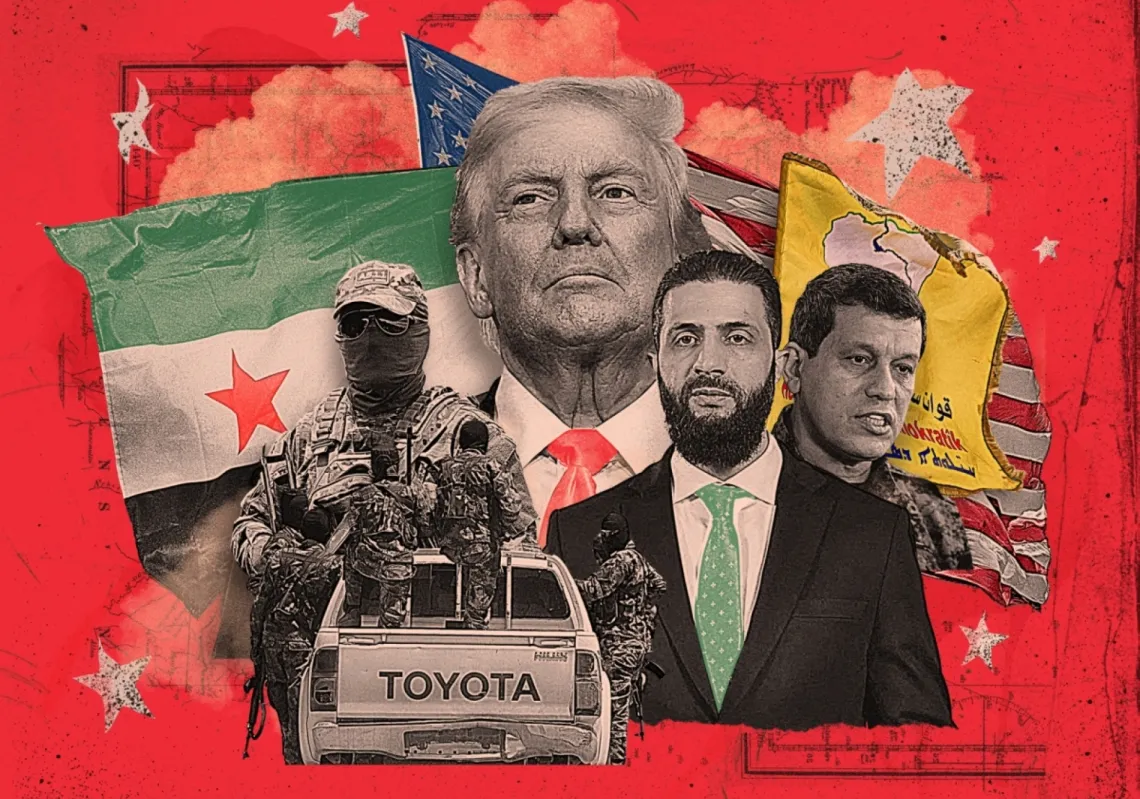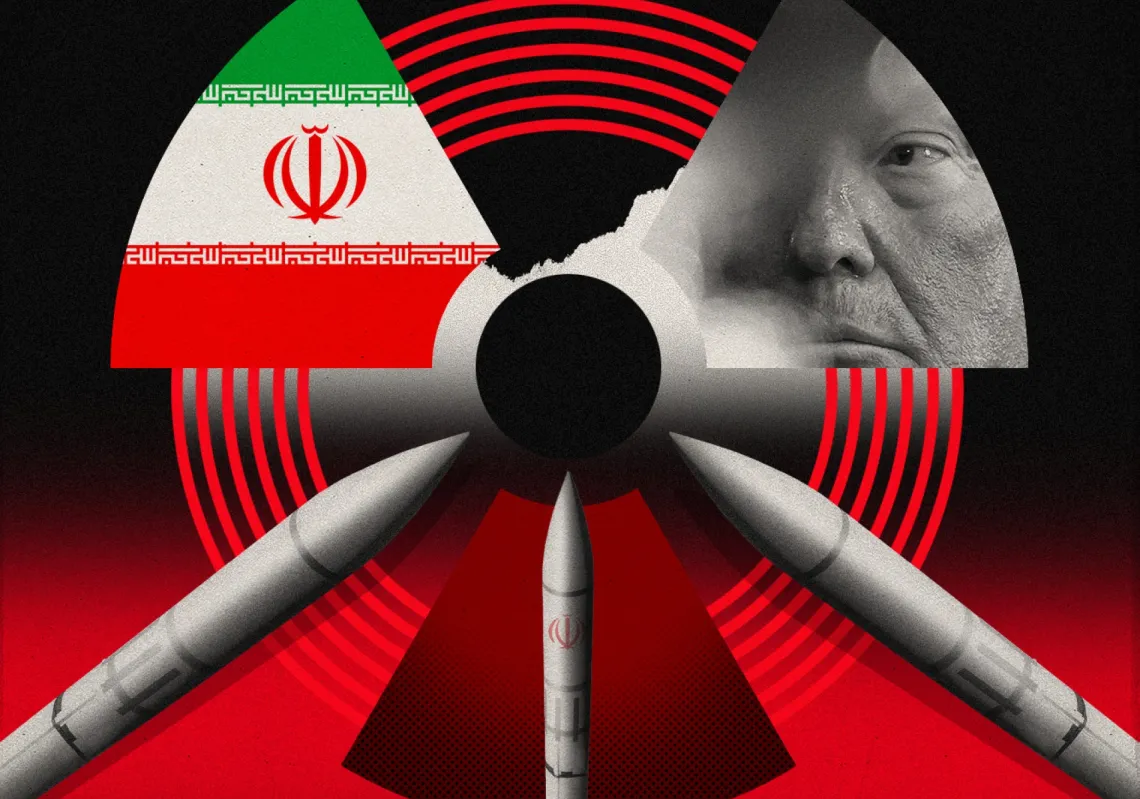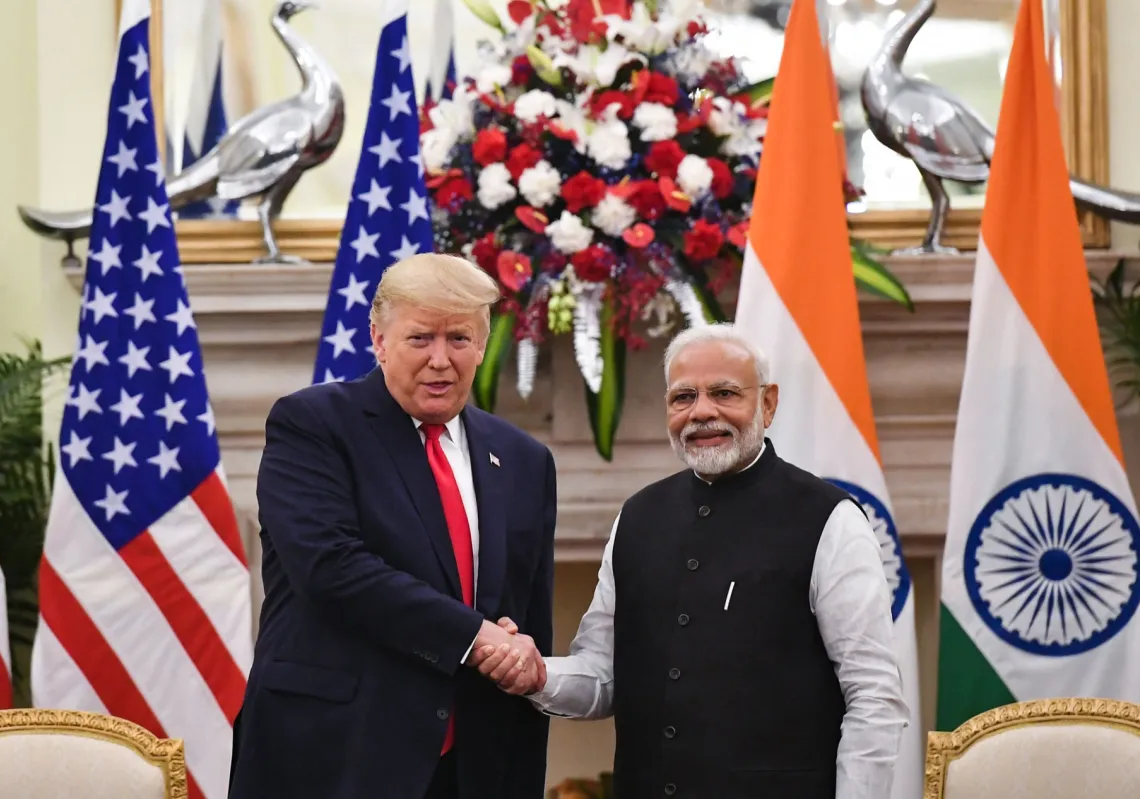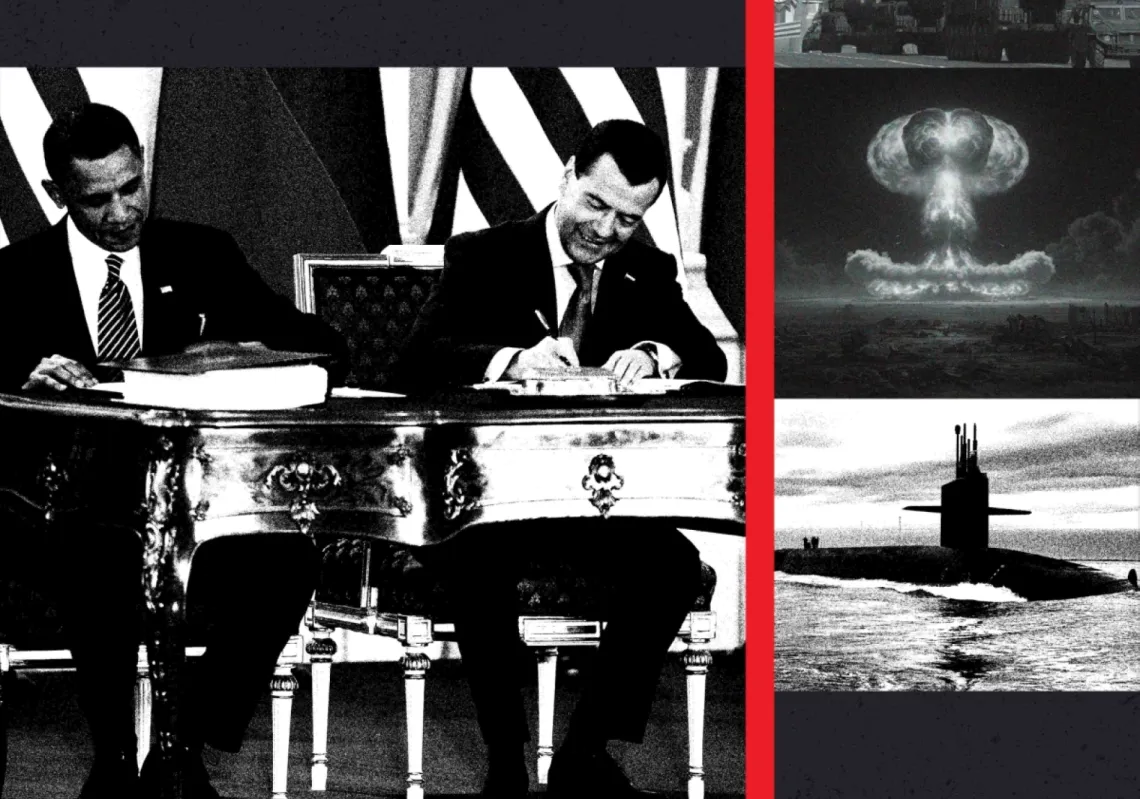On 20 March, Iranians celebrated the arrival of the year 1403 according to the Persian Hijri solar calendar.
Reading the country’s newspapers about the state of the economy, Iranians’ celebrations might be limited to Nowruz and the turn of the sun.
The cost of even basics and staples may soon be out-of-reach for some, with knock-on effects for growth and living standards.
Yet the government appears to be somewhat in denial about the scale of the problem, as critics accuse it of prioritising other issues.
In his annual Nowruz speech, Iran’s Iranian Supreme Leader Ali Khamenei at least seemed to acknowledge the problems, referring to "unfortunate news," and saying "the economy is the country's greatest weakness".
Yet in his speech, President Ebrahim Raisi praised his government's economic performance, saying the growth rate for 2023 "reached 6%” and averaged 4% over the past three years. “This rate was less than one percent from 2011-21."
Reliance on oil
Opponents quoted by Radio Farda said “data from the Iranian Statistical Centre and international reports indicate that the pace of economic growth in Iran has been slowing since the fall”, and that this trend “is expected to continue".
According to a report issued by the Iranian Statistical Centre (ISC) on 24 February 2024, Iran’s Gross Domestic Product (GDP) fell by 7.1% in the summer and 5.1% in the autumn.








